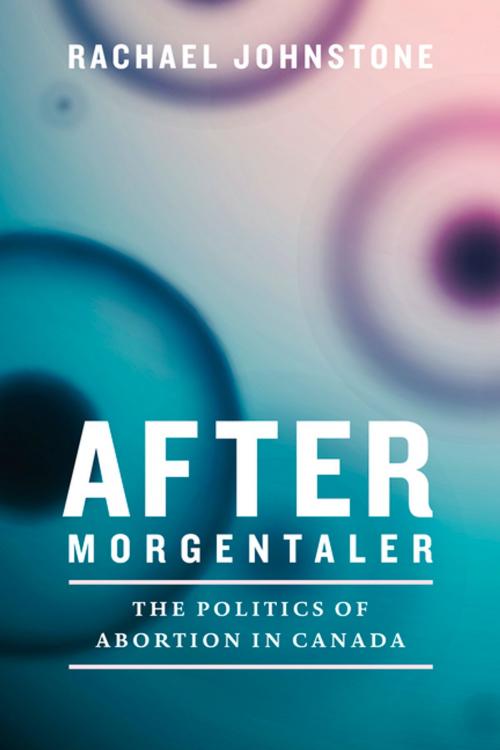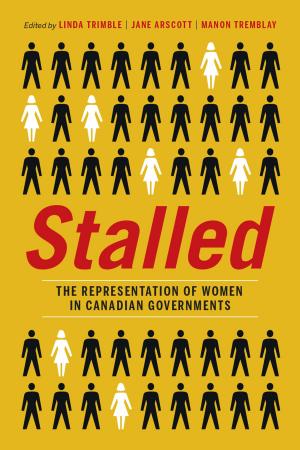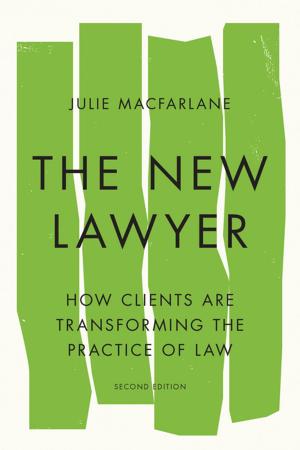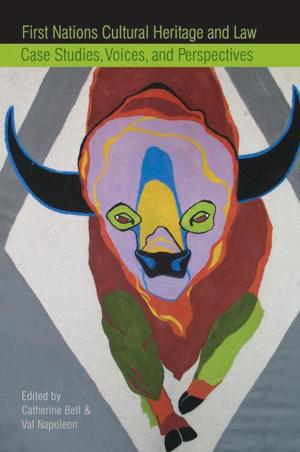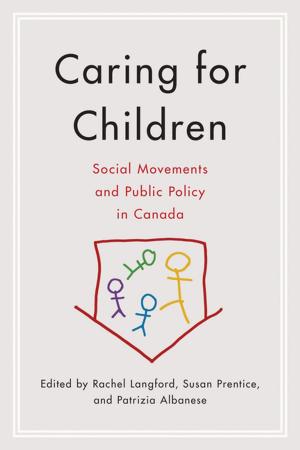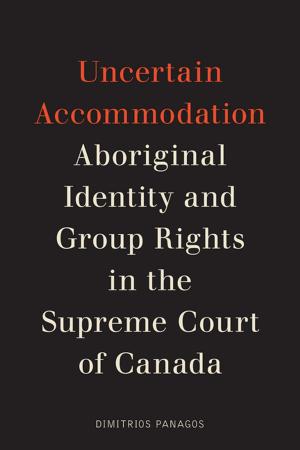After Morgentaler
The Politics of Abortion in Canada
Nonfiction, Reference & Language, Law, Health, Social & Cultural Studies, Social Science, Gender Studies, Feminism & Feminist Theory, Political Science, Government, Public Policy| Author: | Rachael Johnstone | ISBN: | 9780774834414 |
| Publisher: | UBC Press | Publication: | September 15, 2017 |
| Imprint: | UBC Press | Language: | English |
| Author: | Rachael Johnstone |
| ISBN: | 9780774834414 |
| Publisher: | UBC Press |
| Publication: | September 15, 2017 |
| Imprint: | UBC Press |
| Language: | English |
The landmark decision R. v. Morgentaler (1988) struck down Canada’s abortion law and is widely believed to have established a right to abortion, but its actual impact is much less decisive; and women’s access to abortion in Canada remains uneven and at risk of being curtailed. In After Morgentaler, Rachael Johnstone examines the state of abortion access in Canada today, maps its historical development since 1988, and argues that substantive access is essential to full citizenship for women. Demonstrating how access varies at the provincial level, Johnstone presents three case studies – Quebec, Ontario, and New Brunswick – to assess the role of both state and non-state actors in the creation and maintenance of, as well as restrictions on, access. This book affirms the need to recognize abortion as an issue fundamentally tied to women’s equality while stressing the continued utility of rights claims as a means to improve access.
The landmark decision R. v. Morgentaler (1988) struck down Canada’s abortion law and is widely believed to have established a right to abortion, but its actual impact is much less decisive; and women’s access to abortion in Canada remains uneven and at risk of being curtailed. In After Morgentaler, Rachael Johnstone examines the state of abortion access in Canada today, maps its historical development since 1988, and argues that substantive access is essential to full citizenship for women. Demonstrating how access varies at the provincial level, Johnstone presents three case studies – Quebec, Ontario, and New Brunswick – to assess the role of both state and non-state actors in the creation and maintenance of, as well as restrictions on, access. This book affirms the need to recognize abortion as an issue fundamentally tied to women’s equality while stressing the continued utility of rights claims as a means to improve access.
